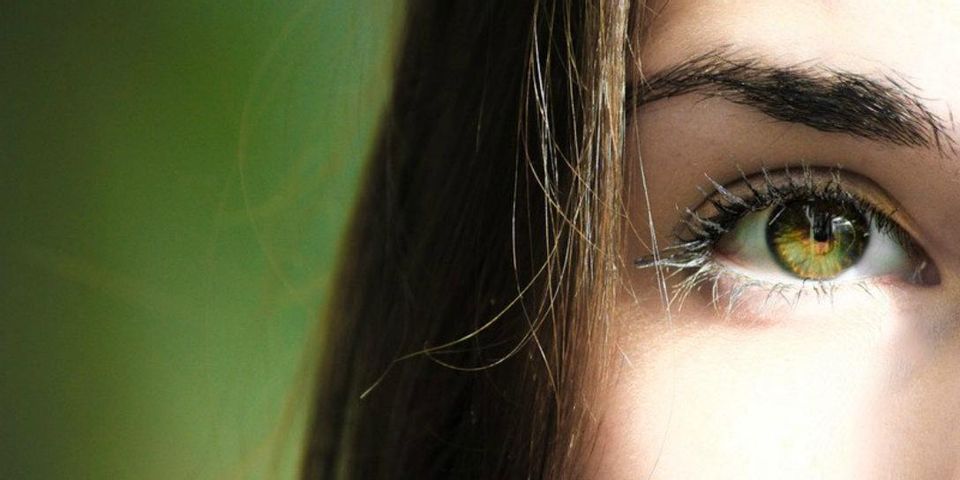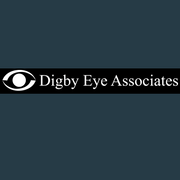
Over 20 million Americans experience severe vision loss. While not all eye diseases can be prevented, there are simple steps that everyone can take to help their eyes remain healthy now and reduce their chances of vision loss in the future. In observance of Healthy Aging Month in September, the eye doctors at Digby Eye Associates join the American Academy of Ophthalmology® in emphasizing the importance of proper eye care.
8 Tips for Safeguarding Your Vision
1. Wear Sunglasses
UV blocking sunglasses delay the development of cataracts since direct sunlight hastens their formation. Sunglasses prevent retinal damage; they also protect the delicate eyelid skin to prevent both wrinkles and skin cancer around the eye, and both cancerous and non-cancerous growths on the eye. Check for 100 percent UV protection: Make sure your sunglasses block 100 percent of UV-A rays and UV-B rays.
2. Don't Smoke
Tobacco smoking is directly linked to many adverse health effects, including age-related macular degeneration (AMD). Studies show that current smokers and ex-smokers are more likely to develop AMD than people who have never smoked. Smokers are also at increased risk for developing cataracts.
3. Eat Healthily
Vitamin deficiency can impair retinal function. The belief that eating carrots improves vision has some truth, but a variety of vegetables, especially leafy green ones, should be an important part of your diet. Researchers have found people on diets with higher levels of vitamins C and E, zinc, lutein, zeaxanthin, omega-3 fatty acids DHA, and EPA are less likely to develop early and advanced AMD.
4. Get Yearly Eye Exams
Most serious eye conditions, such as glaucoma and AMD, are more easily and successfully treated if diagnosed and treated early. Left untreated, these diseases can cause serious vision loss and blindness. Early intervention now from an experienced eye doctor will prevent vision loss later.
5. Protect Your Eyes
An estimated 2.5 million eye injuries occur in the U.S. each year, so it is critical to wear proper eye protection to prevent eye injuries during sports such as hockey and baseball and home projects such as home repairs, gardening, and cleaning. For most repair projects and activities around the home, standard ANSI-approved protective eyewear will be sufficient. Sports eye protection should meet the specific requirements of that sport; these requirements are usually established and certified by the sport's governing body and/or the American Society for Testing and Materials (ASTM).
6. Know Your Family History
Many eye diseases cluster in families, so you should know your family's history of eye disease because you may be at increased risk. Age-related eye diseases, including cataracts, diabetic retinopathy, glaucoma, and age-related macular degeneration are expected to dramatically increase in the coming years.
7. Care for Your Contacts
Follow your eye provider’s instructions regarding the care and use of contact lenses. Abuse, such as sleeping in contacts that are not approved for overnight wear, using saliva or water as a wetting solution, using expired solutions, and using disposable contact lenses beyond their wear can result in corneal ulcers, severe pain, and even vision loss.
8. Be Aware — & Proactive — With Eye Fatigue
If you have eye strain from working at a computer or doing close work, you can follow the 20-20-20 rule; look up from your work every 20 minutes at an object 20 feet away for twenty seconds. If eye fatigue persists, it can be a sign of several different conditions, such as dry eye, presbyopia, or spectacles with lenses that are not properly centered. See an eye doctor to determine why you are having eye fatigue and to receive proper treatment.
To learn more ways to keep your eyes healthy, visit the American Academy of Ophthalmology’s EyeSmart® website.
Eye Doctor Bio
Dr. Erin Fontaine joined Digby Eye Associates in 2014. She is a native of Raleigh, NC, and a graduate of North Carolina State University where she received her Bachelor of Science Degree in Biochemistry, Biological Sciences, and Chemistry with a minor in Genetics. She then earned her Doctor of Optometry Degree from the University of Alabama at Birmingham. She completed a residency at Wm. Jennings Bryan Dorn VA Medical Center in Columbia, SC, where she gained experience in comprehensive eye care, diagnosing and managing ocular diseases and completing low vision exams.
 At Digby Eye Associates Dr. Fontaine has continued to demonstrate her expertise in providing comprehensive eye care and in managing nearsightedness, farsightedness, and presbyopia. She excels in fitting daily and extended wear contact lenses and with the latest technologically advanced lens designs, recommends the lens best suited for her patient’s lifestyle. She has expertise in diagnosing and managing cataracts and glaucoma. Dr. Fontaine regularly assists DEA surgeons with the post-operative management of their surgical cases.
At Digby Eye Associates Dr. Fontaine has continued to demonstrate her expertise in providing comprehensive eye care and in managing nearsightedness, farsightedness, and presbyopia. She excels in fitting daily and extended wear contact lenses and with the latest technologically advanced lens designs, recommends the lens best suited for her patient’s lifestyle. She has expertise in diagnosing and managing cataracts and glaucoma. Dr. Fontaine regularly assists DEA surgeons with the post-operative management of their surgical cases.
In her free time, Dr. Fontaine and her husband enjoy sporting events, outdoor activities, and cooking. They also enjoy spending time with their young children, Landon and Aubrey.
About the Business
Have a question? Ask the experts!
Send your question

